Market Analysis
In-depth Analysis of Non-dairy cheese Market Industry Landscape
The Non-Dairy Cheese market has emerged as a dynamic and rapidly growing sector within the food industry, reflecting the changing dietary preferences and lifestyles of consumers. One of the primary drivers of this market is the increasing demand for plant-based and dairy-free alternatives. As awareness of environmental sustainability, animal welfare, and health-conscious choices rises, consumers are seeking non-dairy cheese options made from plant-based ingredients such as nuts, soy, and coconut. This shift in consumer preferences is a key factor contributing to the market's dynamism.
Health considerations play a significant role in shaping the market dynamics of Non-Dairy Cheese. Many consumers are opting for non-dairy cheese as a part of their lactose-free or vegan diets, driven by concerns related to lactose intolerance, ethical reasons, or a desire to reduce cholesterol intake. The perception that non-dairy cheese can offer a healthier alternative, along with the development of flavorful and satisfying non-dairy cheese varieties, has fueled market growth.
The Non-Dairy Cheese market is characterized by innovation and variety. Manufacturers are continuously developing new formulations and flavors to meet the diverse preferences of consumers. From traditional cheese alternatives to more exotic varieties, such as cashew-based or almond-based cheeses, the market offers a wide range of options. This diversity is a response to the dynamic nature of consumer tastes, with a growing emphasis on unique and premium non-dairy cheese products.
Environmental sustainability is another critical factor influencing the market dynamics of Non-Dairy Cheese. As consumers become more environmentally conscious, there is an increased interest in food choices that have a lower carbon footprint. Non-dairy cheese, often considered a more sustainable option compared to traditional dairy cheese, aligns with this trend. The use of plant-based ingredients in non-dairy cheese production requires fewer resources and generates fewer greenhouse gas emissions, contributing to the market's growth.
Economic factors also contribute to the dynamic nature of the Non-Dairy Cheese market. The affordability of non-dairy cheese products, compared to some artisanal or specialty dairy cheeses, is a key consideration for consumers. Price sensitivity can influence purchasing decisions, impacting market demand. As production processes become more efficient and economies of scale are achieved, the cost of non-dairy cheese products may become more competitive, further influencing market dynamics.
The role of technology in non-dairy cheese production is a significant driver of market dynamics. Advances in food science and technology have enabled manufacturers to improve the texture, flavor, and meltability of non-dairy cheeses, making them more appealing to consumers. These technological innovations contribute to the market's growth by addressing previous challenges associated with the organoleptic properties of non-dairy cheeses.
Regulatory considerations and labeling standards also play a role in shaping the dynamics of the Non-Dairy Cheese market. Clear and accurate labeling, including certifications such as vegan, organic, or non-GMO, is crucial for building consumer trust. Regulatory changes or updates related to food safety and labeling requirements can impact the market by influencing manufacturing processes and marketing strategies.
Competition among key players is a driving force in the Non-Dairy Cheese market. As the market expands, manufacturers are vying for market share by introducing new products, enhancing existing formulations, and investing in marketing campaigns. Brand recognition and consumer loyalty are influential factors that contribute to market dynamics, driving companies to differentiate their products and create a competitive edge.


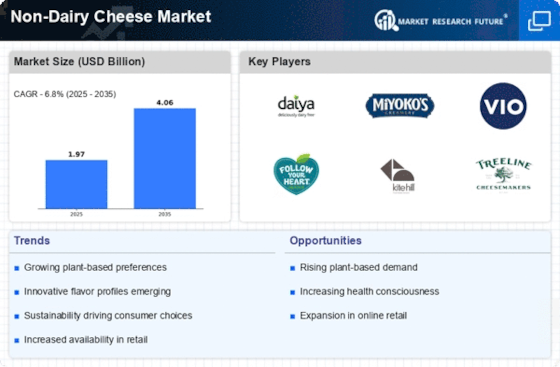
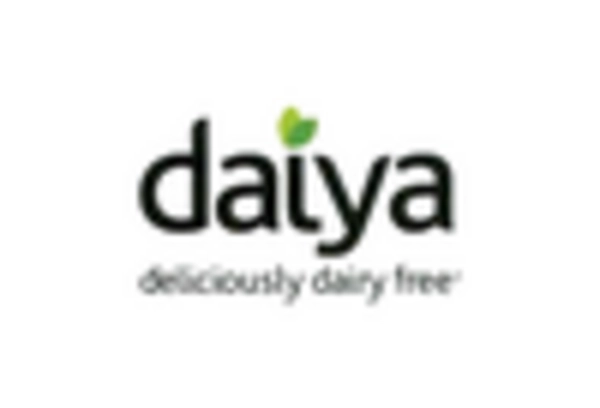

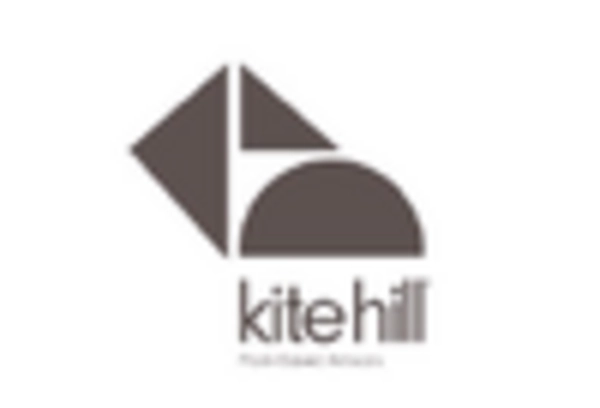
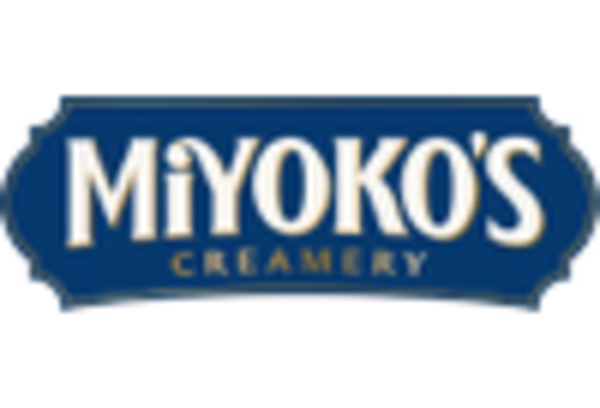
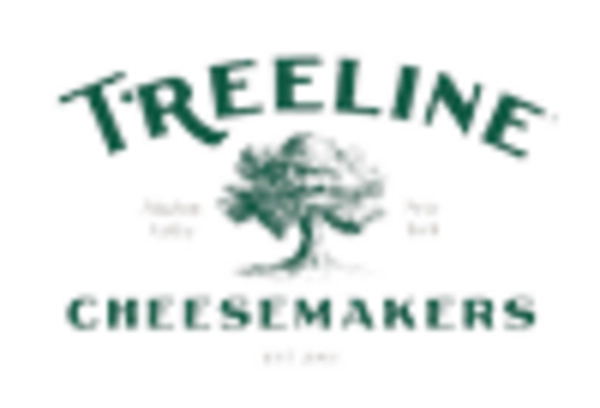
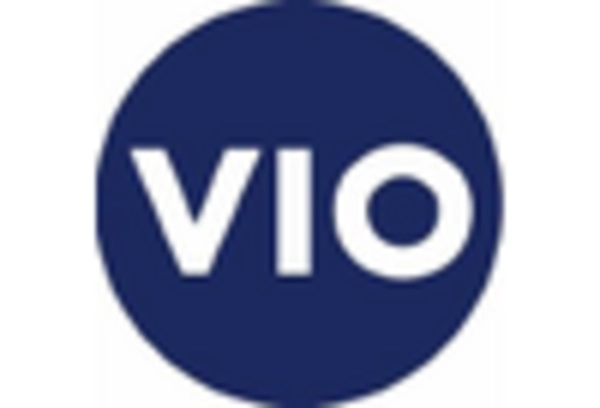









Leave a Comment